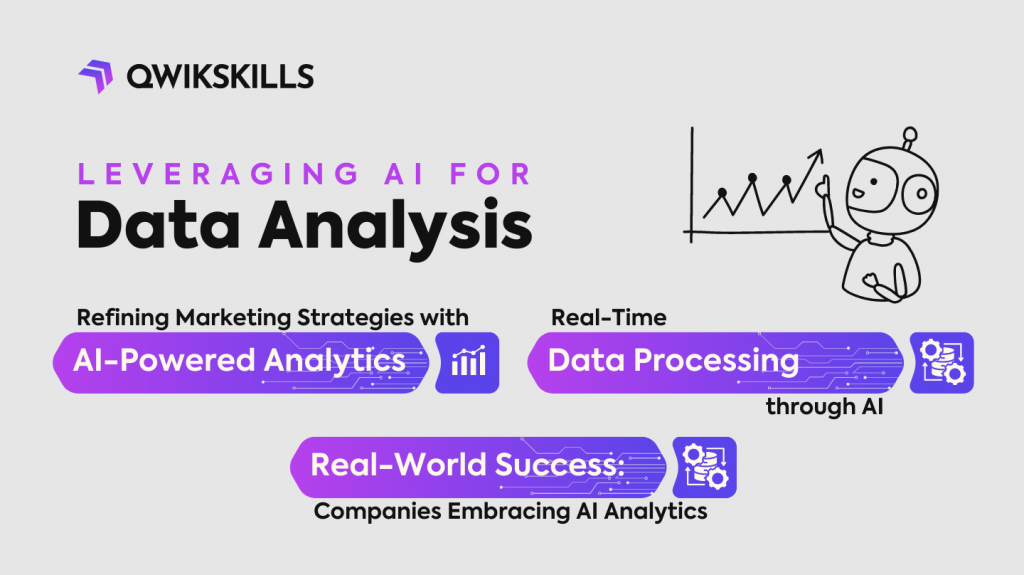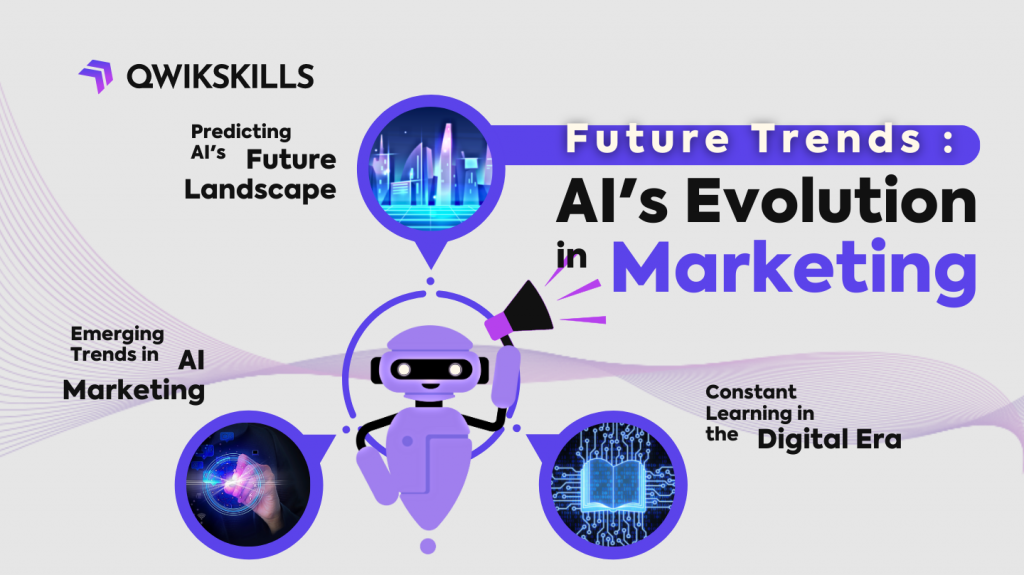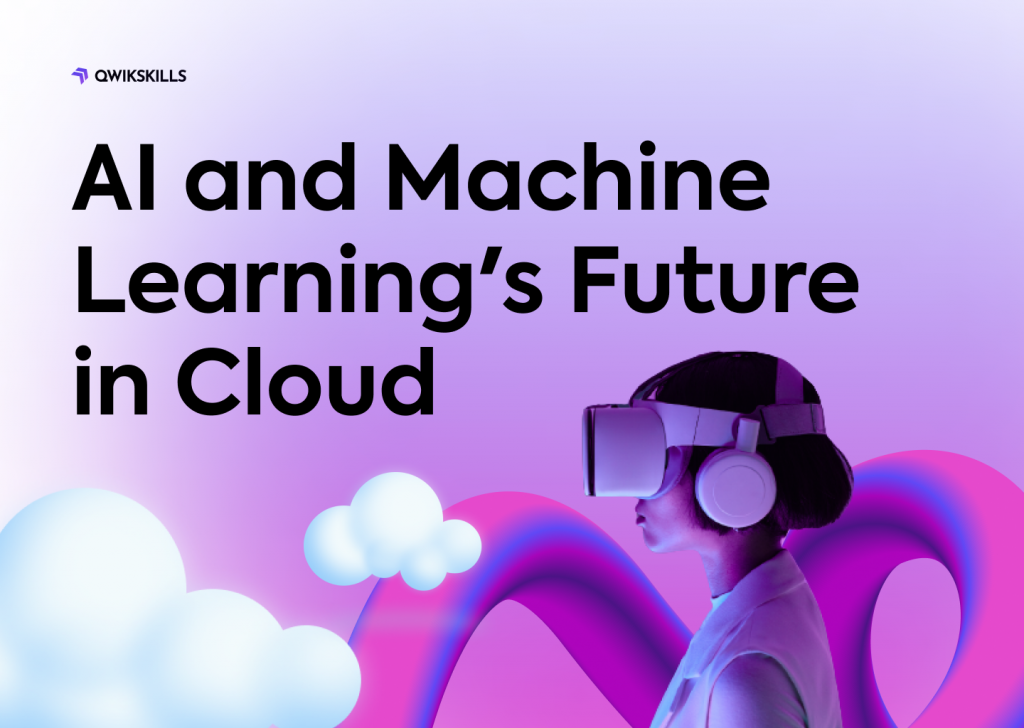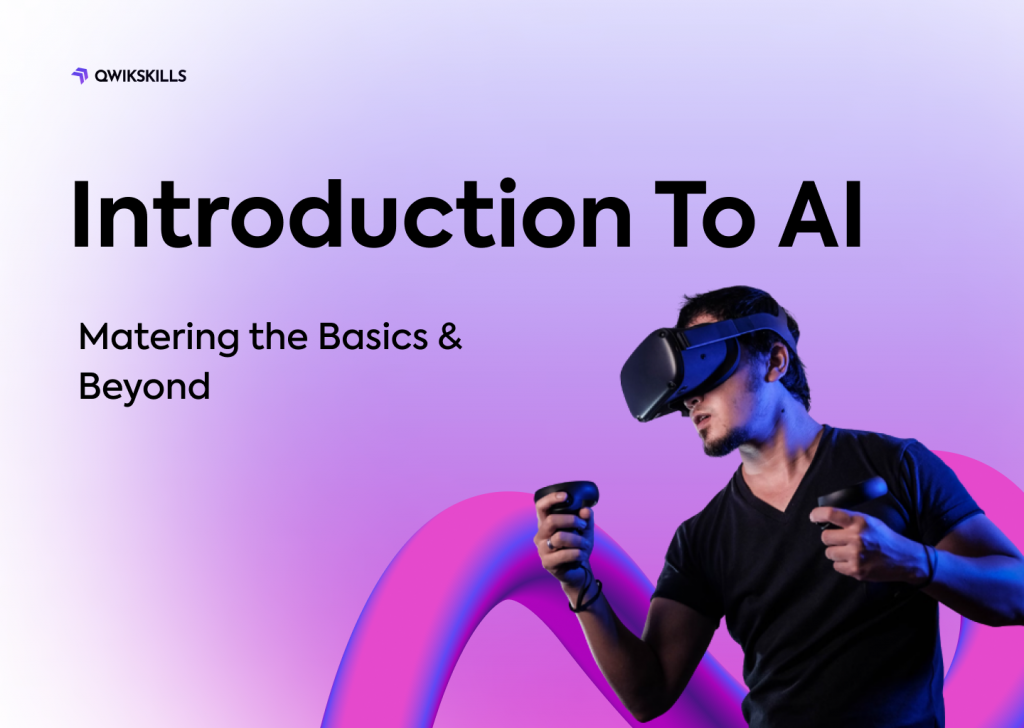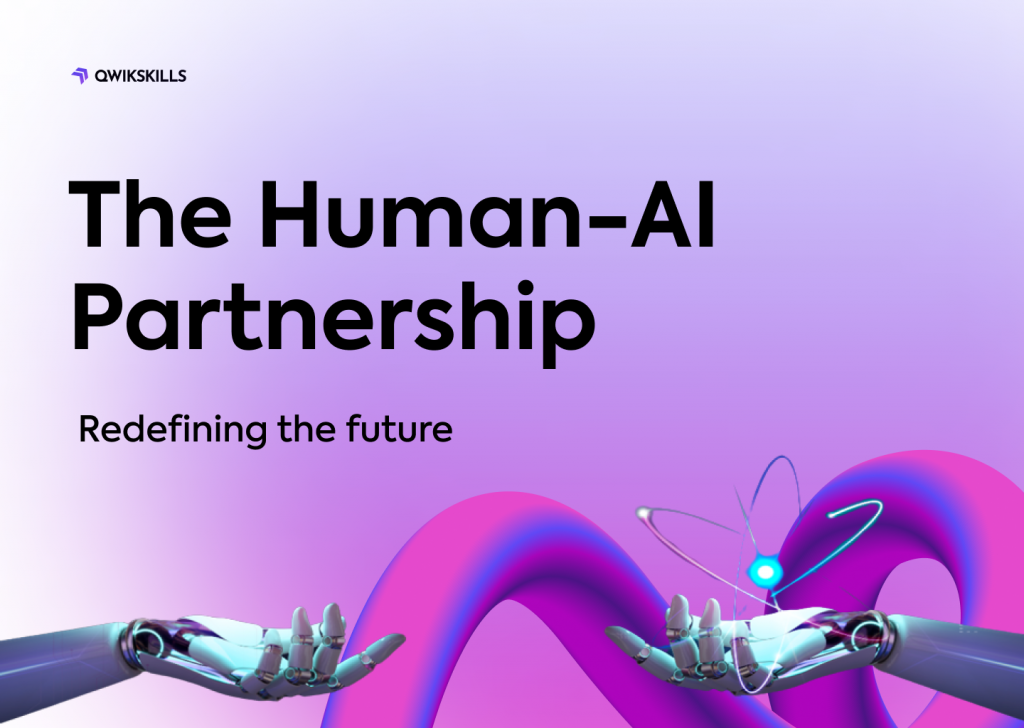In today’s fast-paced digital landscape, where trends change in the blink of an eye, marketers are increasingly turning to Artificial Intelligence (AI) to gain a competitive edge. AI’s transformative power has taken the world by storm, revolutionizing the way businesses approach marketing strategies. In this comprehensive guide, we’ll delve into the fascinating realm of AI in marketing, exploring its multifaceted applications, its impact on customer engagement, data analysis, content creation, SEO, and the ethical considerations that come with its adoption. Let’s embark on a journey to uncover the strategies that will keep you ahead in this digital age.
Introduction
As the digital landscape continues to evolve, the role of AI in marketing has grown exponentially. With the ability to process vast amounts of data in real time and make informed predictions, AI is reshaping the way marketers engage with their audiences. From personalized content recommendations to dynamic pricing strategies, AI’s impact is far-reaching and profound. This guide aims to unravel the nuances of AI in marketing and equip you with actionable insights to harness its potential effectively.
Understanding AI in Marketing
Defining AI’s Role in Marketing
Artificial Intelligence, in the context of marketing, refers to the use of advanced algorithms and machine learning techniques to analyze data, automate tasks, and predict consumer behavior. This enables marketers to make informed decisions, craft personalized experiences, and optimize their strategies for maximum impact.
Empowering Consumer Behavior Analysis
AI’s ability to analyze consumer behavior patterns goes beyond human capabilities. By sifting through massive datasets, AI can identify trends, preferences, and buying behaviors, helping marketers tailor their campaigns to resonate with their target audience. This data-driven approach ensures that marketing efforts are aligned with consumer expectations.
Personalized Marketing at Scale
One of AI’s standout features is its capacity to enable personalized marketing on a large scale. Through data mining and predictive analytics, AI can segment audiences based on demographics, behaviors, and interests. This segmentation allows marketers to deliver tailored content, product recommendations, and offers, enhancing customer engagement and loyalty.
Leveraging AI for Data Analysis
Refining Marketing Strategies with AI-Powered Analytics
AI’s prowess in data analysis has revolutionized marketing strategies. By quickly analyzing consumer interactions, purchase history, and browsing habits, AI can identify opportunities and challenges. This enables marketers to fine-tune their strategies for optimal performance and adapt to changing market dynamics.
Real-Time Data Processing through AI
In the age of instant gratification, real-time data processing is paramount. AI-driven analytics provide marketers with up-to-the-minute insights, enabling them to respond promptly to market shifts and consumer trends. This agility is crucial for staying relevant in a rapidly evolving digital landscape.
Real-World Success: Companies Embracing AI Analytics
Companies like Amazon and Netflix have set the benchmark for leveraging AI in data-driven decision making. Amazon’s product recommendations and Netflix’s content suggestions are driven by AI algorithms that analyze user behavior, preferences, and historical data. These success stories underscore AI’s pivotal role in optimizing marketing strategies.
Enhancing Customer Experience with AI
Elevating Customer Engagement and Support
AI has redefined how brands engage with their customers. Chatbots and virtual assistants powered by AI provide instant support, answer queries, and guide users through the purchase journey. This 24/7 availability enhances customer experience by ensuring timely assistance.
Efficiency through AI Chatbots
AI chatbots have become indispensable for efficient customer interactions. These virtual assistants can handle routine inquiries, process orders, and even offer product recommendations. Their ability to understand context and provide personalized responses creates a seamless and engaging customer experience.
Exemplary Brands: AI-Driven Customer Experiences
Leading brands like Sephora and Starbucks have embraced AI to enhance customer experiences. Sephora’s Virtual Artist tool uses AI to enable customers to virtually try on makeup products, while Starbucks’ AI-powered app suggests personalized drink choices based on preferences and order history.
AI-Driven Content Creation and Optimization
AI-Powered Content Generation and Curation
AI is transforming the way content is created and curated. Tools like GPT-3 can generate human-like text, simplifying content creation processes. Additionally, AI can curate relevant content from diverse sources, streamlining research efforts and ensuring a steady flow of valuable information.
Optimizing Content for Search Engines and Users
AI aids in optimizing content for both search engines and user engagement. By analyzing keywords, backlinks, and user intent, AI-driven tools help marketers craft content that ranks higher on search engine results pages while remaining valuable and engaging for readers.
The Art of Balance: AI and Human-Created Content
Maintaining a harmonious blend of AI-generated and human-created content is essential. While AI can expedite content creation, human touch adds authenticity and creativity. Striking the right balance ensures that the content resonates with audiences while meeting SEO requirements.
SEO and AI Synergy: Achieving Higher Rankings
AI’s Integral Role in SEO Strategies
AI and SEO go hand in hand, with AI enhancing various aspects of search engine optimization. From content optimization to keyword research, AI-powered tools provide insights that empower marketers to create impactful content that ranks well.
Unveiling RankBrain: AI’s Impact on Rankings
Google’s RankBrain, a machine learning algorithm, plays a pivotal role in determining search engine rankings. By analyzing user behavior and interaction with search results, RankBrain refines search results and adapts to evolving user preferences.
Effective Integration of AI and SEO Strategies
To harness the synergy between AI and SEO, marketers must integrate AI tools seamlessly into their strategies. This involves leveraging AI for keyword research, content optimization, and monitoring search engine trends. Such integration enhances visibility and drives organic traffic.
Navigating Social Media with AI
Streamlining Social Media Marketing Efforts
AI simplifies social media marketing by automating tasks like posting, scheduling, and monitoring. These tools allow marketers to maintain a consistent online presence, freeing up time for strategic planning and engagement.
Decoding Audience Preferences through Sentiment Analysis
AI’s sentiment analysis capabilities empower marketers to understand audience emotions and preferences. By analyzing social media conversations, brands can gauge sentiment and tailor their content to resonate with their target audience.
Successful Campaigns: AI-Enhanced Social Media Strategies
Brands like Wendy’s and Coca-Cola have capitalized on AI to create impactful social media campaigns. Wendy’s witty and personalized responses to customer inquiries showcase the power of AI in establishing a relatable and engaging brand persona.
Data Privacy and Ethical Considerations
Guardians of Data Privacy
While AI offers tremendous benefits, data privacy is a paramount concern. Marketers must prioritize the ethical collection and use of consumer data. Transparency in data practices and compliance with regulations are crucial to building trust with customers.
Navigating Ethical Concerns
AI-driven marketing raises ethical questions surrounding data security, bias, and transparency. Striking the right balance between personalization and intrusion is key. Transparent communication about data usage and giving customers control over their data help address these concerns.
Guidelines for Responsible AI Implementation
Responsible AI implementation is essential. Marketers should ensure that AI algorithms are unbiased, regularly audited, and adhere to ethical standards. Continuous monitoring and adjustments can help prevent unintended consequences and maintain consumer trust.
Future Trends: AI’s Evolution in Marketing
Predicting AI’s Future Landscape
The journey of AI in marketing is just beginning. As technology evolves, AI will continue to redefine marketing strategies and customer experiences. From predictive analytics to hyper-personalization, the possibilities are vast.
Emerging Trends in AI Marketing
Voice search optimization and predictive analytics are poised to reshape the marketing landscape. Voice-enabled devices and AI-driven predictions will enable marketers to anticipate consumer needs and deliver tailored experiences.
Constant Learning in the Digital Era
In the ever-changing digital landscape, adaptability is paramount. Marketers must embrace continuous learning to stay updated with AI trends, refine strategies, and harness emerging technologies effectively.
FAQs – Semantically Similar Questions
How is artificial intelligence transforming the marketing landscape? AI is revolutionizing marketing by enabling data-driven decisions, personalized content, and efficient customer engagement. It’s transforming how brands understand and cater to consumer behavior, leading to more effective strategies.
What are some AI tools that marketers can use to enhance their strategies? Marketers can leverage tools like GPT-3 for content creation, chatbots for customer support, and AI analytics platforms for data-driven insights. These tools streamline processes and improve outcomes.
Can AI truly understand consumer behavior and preferences? AI excels in analyzing vast amounts of data to identify patterns and trends in consumer behavior. While it can’t truly “understand” in a human sense, it can provide invaluable insights that inform marketing strategies.
Are there any ethical concerns associated with AI in marketing? Yes, there are ethical concerns such as data privacy, bias in algorithms, and intrusiveness. Marketers must prioritize responsible AI usage, transparency, and respecting user privacy.
What are the potential future developments at the intersection of AI and marketing? The future holds exciting prospects, including further advancements in voice search optimization, predictive analytics, and AI-driven personalization. Marketers will continue to explore new ways to enhance customer experiences through AI.
Conclusion
In this age of digital transformation, AI has emerged as a game-changer in the marketing arena. From deciphering consumer behavior to optimizing content and enhancing customer engagement, AI offers a plethora of opportunities for marketers to excel. By seamlessly integrating AI into their strategies, marketers can navigate the complexities of the digital age and stay ahead in an ever-evolving landscape.
Ready to elevate your marketing game with AI? Explore QwikSkills for expert-led courses on AI in marketing. Stay ahead in the digital age. Enroll now and revolutionize your strategies!


